H.E. Dr. Rania Al-Mashat & European Union Discuss Strengthening Economic Partnership & Finalizing the Procedures for the 2nd of the Macro-Financial Assistance and Budget Support Mechanism
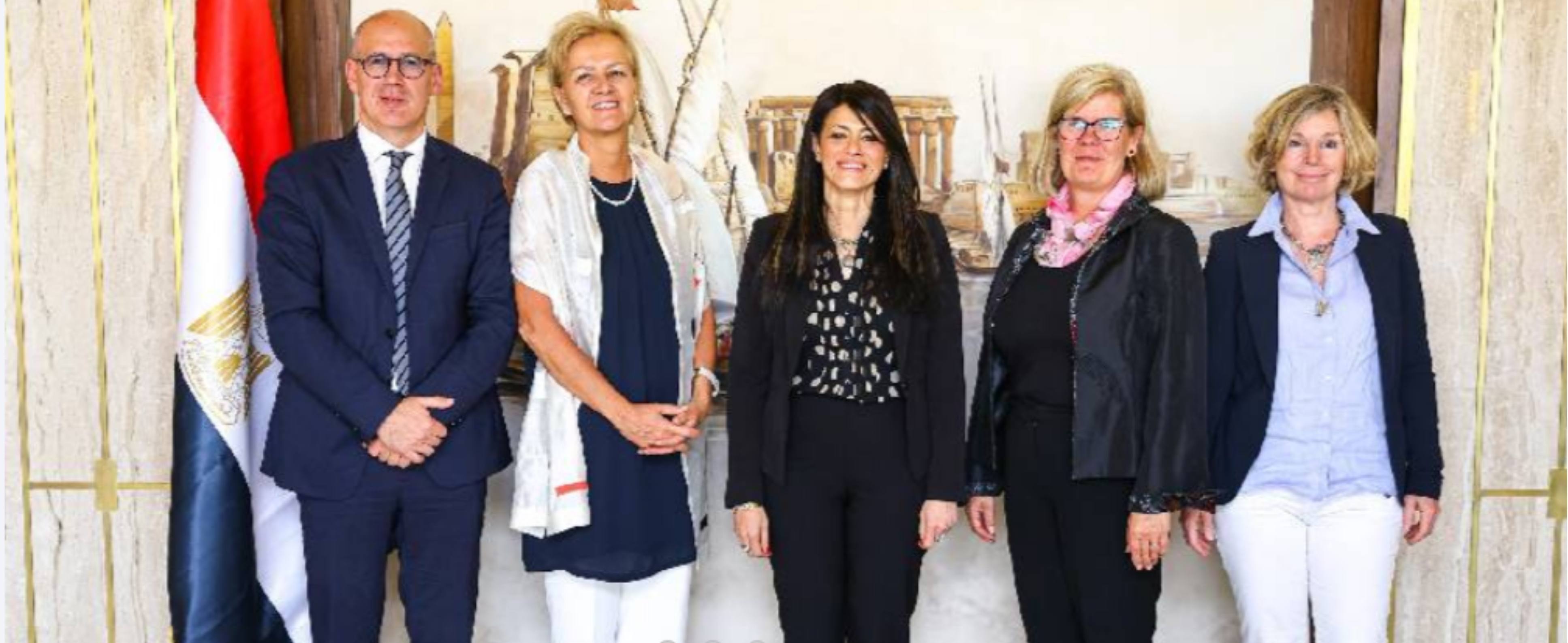
Dr. Rania Al-Mashat, Egypt's Minister of Planning, Economic Development, and International Cooperation, recently hosted a high-level delegation from the European Union.
The delegation included Ambassador Angelina Eichhorst, Head of the EU Delegation to Egypt, Mr. Francisco Joaquin, Senior Official for Cooperation with Egypt at the EU's Directorate General for Cooperation with the Middle East and North Africa, and Ms. Annika Eriksgard, Director-General for Economic and Financial Affairs at the European Commission, along with other officials. This meeting was part of ongoing efforts to bolster economic relations in light of the strategic partnership between Egypt and the EU.
Structural Reforms and Macro-Financial Assistance
During the discussions, Dr. Al-Mashat highlighted continuous coordination with various national entities, including a recent ministerial coordination meeting. These efforts aim to implement structural reforms under the €4 billion Macro-Financial Assistance (MFA) and Budget Support Mechanism. Negotiations are underway for the economic component of these structural reforms, which several Egyptian entities will implement as part of the national structural reform program. The goal is to enhance macroeconomic stability and resilience, boost competitiveness, improve the business environment, and drive green transition. She explained that these reforms are integral to Egypt's national economic development narrative, targeting sustainable growth.
New Avenues for Foreign Investment and Guarantee Mechanism
The Minister also noted that the Egypt-EU partnership is advancing development efforts, particularly through an Investment Guarantee Mechanism set to launch this June. This mechanism will open significant opportunities for foreign investments in Egypt by providing €1.8 billion in guarantees to the private sector."Mediterranean Charter": Bilateral Partnerships for Stability and Growth. Furthermore, Dr. Al-Mashat affirmed that the “Mediterranean Charter” represents a strategic evolution in the EU's approach to its southern neighbors. It shifts focus from broad regional frameworks, like the "Union for the Mediterranean," to more targeted and impactful bilateral partnerships. She clarified that this EU approach aligns perfectly with Egypt's national priorities, enhancing opportunities for deeper strategic collaborations with European countries in key sectors such as economic development, investment, energy, transport, job creation, security, and stability.
The Minister elaborated on the Charter's first pillar: strategic bilateral partnerships focused on economic stability, investment attraction, and expanded cooperation in energy, transport, security, and employment—all crucial to Egypt's development agenda. The second pillar aims to encourage European companies to expand into southern neighboring countries, fostering technology transfer, boosting trade, and driving economic development across Egypt and the broader region.
New Cooperation Framework and Robust Partnership Portfolio
Regarding the comprehensive strategic partnership between Egypt and the EU, Dr. Al-Mashat stated that the period from 2025 to 2027 will see the implementation of a new cooperation framework. This framework will be based on a structured process that clearly defines and practically implements priorities.Concerning the ongoing cooperation portfolio, Dr. Al-Mashat underscored the EU's strategic importance as one of Egypt's most significant development partners. She highlighted its substantial role in supporting priority projects in vital sectors. The current cooperation portfolio stands at approximately €1.3 billion, encompassing grants and blended financing. She affirmed continued constructive cooperation within blended finance programs, covering key areas like transport, water, agriculture, SMEs, renewable energy, social protection, governance, civil society, and institutional capacity building.
Finally, Dr. Al-Mashat indicated that the signing of the strategic and comprehensive partnership between Egypt and the EU has established an integrated framework. This framework defines shared priorities and enhances the consistency of bilateral policies in response to regional and international changes.



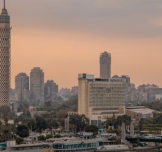















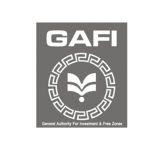




































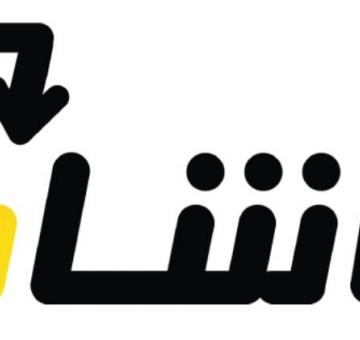

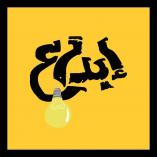











EgyptInnovate site is not responsible for the content of the comments